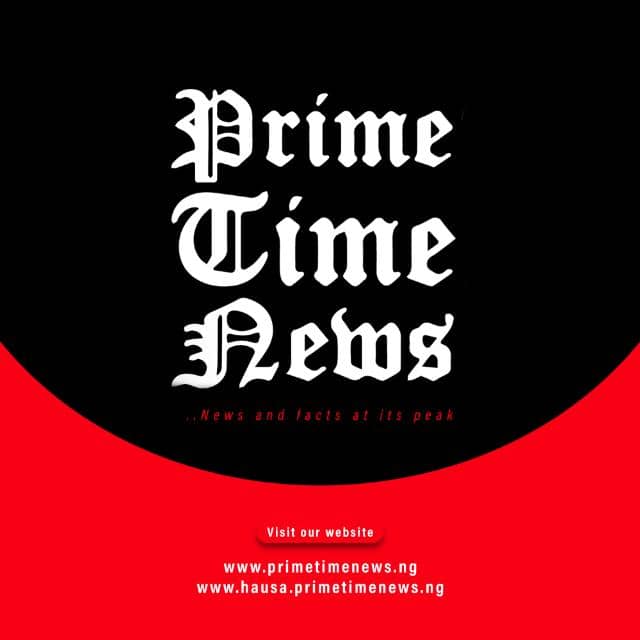By Abbati Bako
In the intricate dance of global economies, Nigeria’s financial stability hangs precariously in the balance. The nation’s economic woes are a stark reminder that a thriving economy is the lifeblood of human prosperity. If there’s no economic stability there will be no peace and security even in advanced nations of the world.
So, what ails Nigeria’s economy? The root causes of this dislocation are multifaceted:
Dependence on Oil: Dependency on oil alone can’t make a country like Nigeria to be economically stable (with over 230m population)
A mono-economy vulnerable to global price fluctuation
Corruption: Mismanagement, stealing and embezzlement of resources are the root causes of economic precarity especially in the Global Southern Hemisphere of Africa, Asia and Latin America. Hence, Nigeria can’t be exceptional.
Poor Infrastructure and lack of other serialized strategic planning for growth: Inadequate power supplies, poor transportation system, insecurity, and security of want as well as poor education system based on science, technology and innovation will never allow a country to reach the developmental stage. Also, weak Institutions and lack of robust regulatory frameworks for development.
The consequences are dire:
Stunted Growth: Sluggish economic expansion and limited opportunities for investors at home and others from foreign countries (FDI)
Poverty and Inequality: Widening income disparities and poverty rates.
Unemployment: A burgeoning youth population without prospects.
The World Bank and IMF offer a 10-point economic prescription:
1. Fiscal Discipline: Prudent budget management
2. Monetary Policy Reform:
Effective interest rate management
3. Trade Liberalization: Open markets and reduced tariffs
4. Privatization: Private sector-led growth
5. Deregulation: Reduced government intervention
6. Investment in Human Capital: Education and healthcare
7. Infrastructure Development: Power, transportation, and technology
8. Agricultural Transformation: Modernizing farming practices
9. Financial Sector Reform: Strengthening banking and finance
10. Good Governance: Transparency and accountability
Examples of other nations: But do these solutions hold the key to Nigeria’s economic revival? Emerging markets like Indonesia, Malaysia, Egypt, Saudi Arabia, South Africa and Vietnam offer valuable lessons:
Diversification: Reducing dependence on single commodities like oil or gas.
Export-Led Growth: Fostering competitive industries—
Investment in Innovation:
Embracing technology and entrepreneurship: Nigeria’s economic future hangs in the balance. Will the WB/IMF prescription suffice, or is a homegrown solution needed? The clock is ticking.
Some possible points to consider—
Contextualizing Solutions:
Adapting global prescriptions to Nigeria’s unique challenges—
Stakeholder Engagement: Involving citizens, businesses, and civil society in economic decision-making
Monitoring and Evaluation: Tracking progress and making adjustments is essential.
Dr. Abbati Bako, psc, bsis, UniKent alumnus, UK’s European University is a political strategy, a communications consultant and a researcher in globalization policy can be reached via abbatibako@gmail.com

